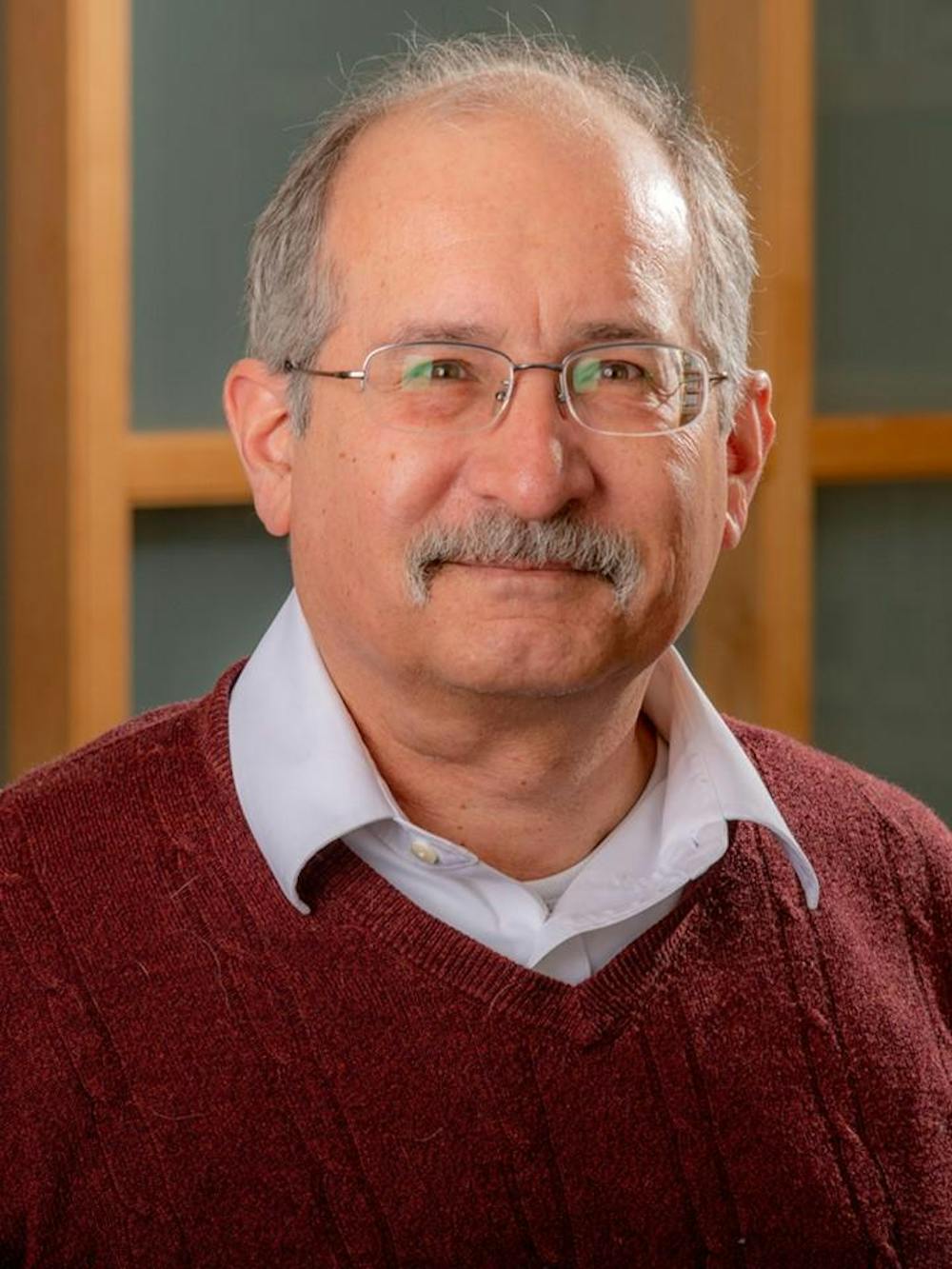Professor of Surgery Alfred Ayala received the Society for Leukocyte Biology’s 2024 Legacy Keynote Lecture Award, the highest recognition from the society, according to a Jan. 9 University press release.
The SLB is a community of researchers and clinicians focused on the field of immunology.
Ayala received the award, which is given annually, last October for his contributions to the field of immunology through his work in traumatic shock, injury and sepsis — a life-threatening response to infection — as well as their effects on the immune system.
“It’s always a bit of a surprise when I receive these things,” Ayala said in an interview with The Herald. “I’m often the face of the lab, but the reality is it’s the contributions of so many different people over the years. I’m kind of the creator of the general idea and the mission and provide the ideas, and they bring life to them.”
The 2024 SLB meeting, titled “Not Lost in Translation: Innate and Adaptive Immunity,” will convene Oct. 22 to Oct. 25 in Lansing, Michigan. There, Ayala will present the keynote lecture, “Mechanisms of Immune Dysfunction in Sepsis/Shock: Some Unique Roles for Checkpoint Proteins.”
Ayala began his training at Michigan State University, located in East Lansing. “It’s ironic that this meeting is being held in East Lansing, where I started my postdoctoral training … which took me down this road in the first place,” he told The Herald. “For me, it closes the circle a little bit.”
With hundreds of manuscripts and review articles, Ayala has been a prominent figure in efforts to understand the effect of sepsis on immune cell function, and his lab has helped uncover the roles of various checkpoint proteins — which are responsible for detecting damaged DNA — and their respective surface ligand interactions in sepsis pathology.
Ayala “has pitched in more than his fair share to the scientific society,” said Professor of Surgery Craig Lefort. “For them to recognize his accomplishments both in science and also his service to the scientific community through this society is a great honor.”
Lefort, who has a close relationship with Ayala, has been in an adjacent field of research at Brown for almost 11 years. He referred to Ayala as a leader in identifying pathophysiological mechanisms of sepsis and a great colleague to collaborate with.
Lefort said Ayala’s research had informed work in his own lab. “We share technical expertise. We share equipment,” Lefort said. “I’m a frequent visitor to his office when there’s questions — not just about science, but also career development.”
Ayala held positions in the Department of Surgery at MSU before being recruited to RI Hospital and the Warren Alpert Medical School, where servers as director of the Division of Surgical Research. In his interview with The Herald, Ayala emphasized the importance of mentorship throughout his lengthy academic career.
“I came from a small state university and didn’t have a great record for research, but I had a good mentor, and that was the trick,” Ayala said. “I’ve been lucky to have the kind of mentors that made a difference in how I ended up working in this area in the first place.”
During his tenure at Brown, Ayala has mentored students ranging from undergraduates to post-doctoral fellows and surgical residents, he said.
Ayala “definitely is a unique type of mentor in the sense that he’s given me a lot of room to grow as an independent scientist,” said Chyna Gray PhD’23, a current post-doctoral research fellow who has worked with Ayala since her undergraduate years. “I’ve really had ownership of my project.”
Gray got her PhD in Ayala’s lab, where she’s been studying the role of a cell surface protein called VISTA and its role in sepsis.
In Ayala’s presentation at the SLB meeting later this year, he will outline his lab’s work and how it has led him to his present understanding of the need for a more personalized approach in future therapeutic treatment.
“The biggest challenge is that a lot of drugs have come to the floor that modify immune post-responsiveness and, because we have this general diagnostic for what a septic individual is, for someone with multiple organ failure, it’s not specific enough,” Ayala said.
In efforts to diversify treatment, Ayala’s lab has been working to understand the role of a number of different immune checkpoint proteins in sepsis pathology.
“We’re not all focusing on the same protein; we’re not all focusing on the same cell type,” Gray said. “We’re each contributing to this big picture to hopefully inform the choices that clinicians make in creating that individualized treatment plan for patients.”
Further down the line, the researchers hope to have more standardized methods of diagnosing and stratifying patients in order to explore new drugs that are based on an individual’s biological expression.
“There has been a recognition that sepsis is not one thing, similar to what the cancer field went through decades ago,” Lefort said. “A lot of future treatments and clinical approaches will depend on identifying what patient is going to respond to which treatment, rather than a single magic bullet that treats all of sepsis.”
Liliana Cunha is a staff writer covering Science and Research. She is a sophomore from Pennsylvania concentrating in Cognitive Neuroscience. In her free time, she loves to play music and learn new instruments.





